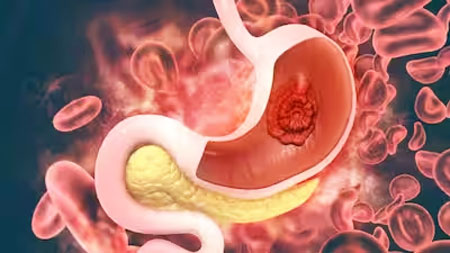Cancer surgeries

Breast Cancer
Breast cancer is the abnormal growth of cells in the breast tissue. It can occur in both men and women but is more common in women.
Symptoms may include a lump or thickening in the breast, changes in breast size or shape, nipple discharge, or skin changes. Early detection through screening mammograms and self-exams, along with timely treatment, can greatly improve outcomes.
Gall bladder Cancer
Gallbladder cancer is a rare but aggressive cancer that develops in the tissues of the gallbladder, a small organ located beneath the liver.
It often presents at an advanced stage, making it challenging to treat. Symptoms may include abdominal pain, jaundice (yellowing of the skin and eyes), nausea, vomiting, and unexplained weight loss. Treatment options may include surgery, chemotherapy, and radiation therapy.


Pancreatic Cancer
Pancreatic cancer arises when malignant cells form in the tissues of the pancreas, an organ located behind the stomach. It is often diagnosed at an advanced stage, leading to poor prognosis.
Symptoms may include abdominal pain, jaundice, unexplained weight loss, digestive problems, and changes in bowel habits. Treatment options may include surgery, chemotherapy, radiation therapy, and targeted therapy.
Stomach cancer
Stomach cancer, also known as gastric cancer, develops in the lining of the stomach. It is more common in older adults and may be linked to factors such as infection with Helicobacter pylori bacteria, smoking, diet, and family history.
Symptoms may include abdominal pain or discomfort, indigestion, nausea, vomiting, unexplained weight loss, and blood in the stool. Treatment options may include surgery, chemotherapy, radiation therapy, and targeted therapy.


Colorectal Cancer
Colorectal cancer affects the colon or rectum, often starting as polyps. Risk factors include age, genetics, diet, and lifestyle. Symptoms may include changes in bowel habits, rectal bleeding, and abdominal discomfort.
Early detection through screening, like colonoscopy, enhances treatment success. Treatment options include surgery, chemotherapy, and radiation therapy. Lifestyle modifications and regular screenings can help prevent and manage this common cancer.
